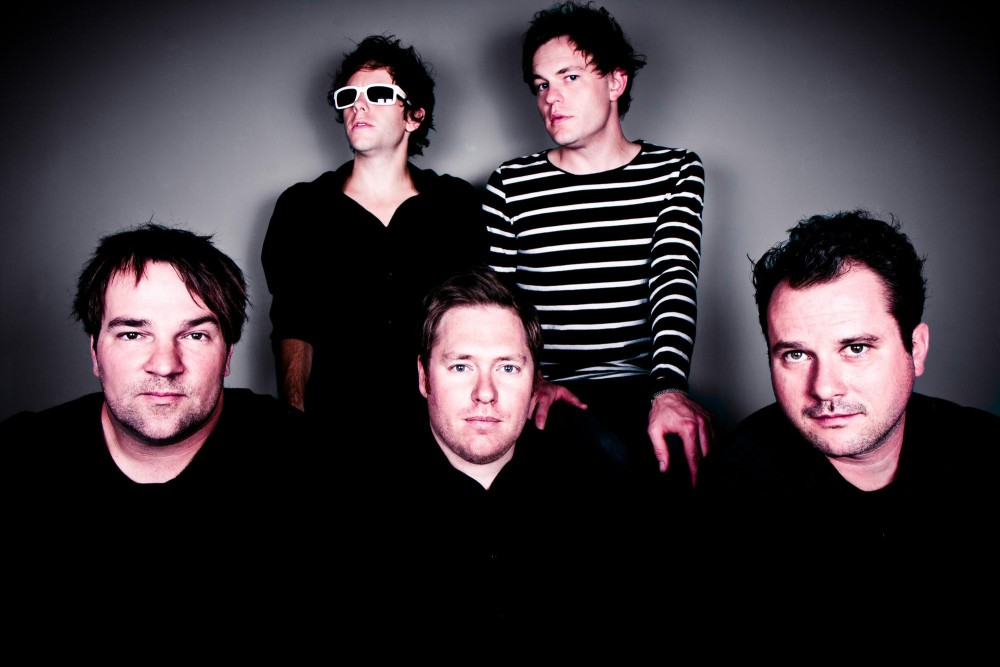What: The Get Up Kids
When: Sunday, 8 p.m.
Where: Triple Rock Social Club (629 Cedar Ave. S Minneapolis)
When the pop-punk overlords of The Get Up Kids slowly descended toward their initial breakup, the members of the Kansas City five-piece began to brandish a similar thread of brazen emotion found in their sacred teenaged punk ballads. With a grueling tour schedule, a waning involvement from some members and the newfound rock âÄônâÄô roll struggle of juggling families while on the road, the group called it quits in March 2005 after four albums.
âÄúWeâÄôre not very good at faking it if weâÄôre not having fun,âÄù frontman Matt Pryor said, âÄúso we have to keep it different in order to keep it fun.âÄù
Even in comparison to the groupâÄôs power-chord laden hooks full of hollers and heartbreak, their relationships had become remarkably sullen. So amid a three-year break, Pryor dabbled in parenthood and his alt-country project, The New Amsterdams. Keyboardist James Dewees also kept up his joyfully weird pop project, Reggie and the Full Effect, while guitarist Jim Suptic went on to form melancholy rock group Blackpool Lights. While The Get Up Kids have been sporadically touring again since late 2008, it wasnâÄôt until January of this year that a new full-length, stylistically ambitious âÄúThere are Rules.âÄù was finally released.
âÄúEverything happened very slowly. It started off with, âÄòHey letâÄôs do this one show,âÄô” Pryor said, âÄúand somewhere along the line there we were like, âÄòHey, letâÄôs try writing again.âÄô”
The return to the studio may have been one of the more intimidating steps toward complete reunion. Their previous full length, 2004âÄôs âÄúGuilt Show,âÄù was birthed from a fragmented recording process with only three members contributing to the heft of the writing.
âÄúWe started sending demos around to each other before we started writing, but then we didnâÄôt use any of them,âÄù Pryor said. âÄúThe reason we got the band back together is because we were enjoying each otherâÄôs company again and the only reason we started writing again is because we liked it.âÄù
The result is a greatly diluted sense of that traditional Get Up Kids identity. Unlike the previous four records, which often highlighted particular members across each respective song, the group has tackled their studio time with a deliberate gelling of the parts.
âÄúWe did a lot of things that were challenging ourselves creatively from how we wrote the record to how we recorded the record,âÄù Pryor said. âÄúI wanted to take that into the lyrics as well.âÄù
That shift in lyrical content is wholly apparent on the new record. Gone is PryorâÄôs heavy-handed teenaged grandiosity. His voice is now more instrumental than it is verbal. This bulk of creative explorations may weigh heavily on the shoulders of their hopelessly romantic fan base, but this isnâÄôt a five piece of woeful 20-somethings anymore.
âÄúWeâÄôre fully aware that there are those fans of the bands that only like the first two records, and we acknowledge that and understand that,âÄù Pryor said, âÄúbut in order for this to be fun for us, we have to keep moving forward with it.âÄù








